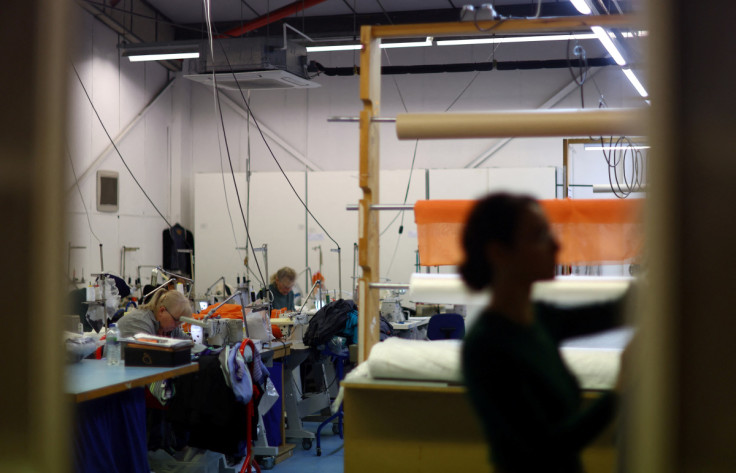Shein Applies For New York Listing Despite Forced Labour Allegations
Although the fast-fashion brand has been criticised for exploiting its factory workers, Shein has confidentially filed for an IPO in New York.

Shein, the Singapore-headquartered company, could be the fifth largest consumer company IPO (initial public offering) of all time if it manages to sell a 10 per cent stake.
The 10 per cent stake would raise around $9 billion, putting Shein just behind Porsche AG's $9.1 billion listing in 2021 – according to Bloomberg figures.
Shein, the fast-fashion brand that is known infamously for exploiting its factory workers in China, has filed for a listing in New York, US.
While the listing was filed confidentially, an anonymous source who is familiar with the matter confirmed the inquiry.
Last week, Bloomberg News also reported that the fast-fashion brand could generate an astonishing valuation of up to $90 billion in a first-time share sale.
It said that Shein would have to work hard to persuade investors who would be sceptical, given the brand's recent history.
An undercover investigation, conducted by the UK's Channel 4 and The i newspaper last year, found that Shein paid its workers a base salary of just 4,000 yuan per month – equivalent to around £445 a month.
The company was not only exposed for its disgustingly low wages, which saw factory workers getting paid around £15 each day but it was also criticised for implementing extremely long working hours.
The footage discovered by Channel 4 and The i newspaper, followed a woman who used a fake name to get herself employed in two of the factories where she secretly videoed what she witnessed.
The footage was shown in the documentary 'Untold: Inside the Shein Machine', which aired in October 2022.
One of the factory workers, who is seen in the documentary, explained that the employees work 18-hour shifts, seven days a week.
They said: "There's no such thing as Sundays here."
At one of the factories, the lengthy working hours and unfair pay led to the workers being paid less than 90 pence an hour.
At the second factory, the fast-fashion brand was exposed for paying its workers less than four pence for each item that they made. The garment employees at the second factory were not given a base salary – according to the investigation.
While Shein told reporters that it was "extremely concerned" with the evidence shown in the documentary, the company is trying to overcome the limitations attached to securing a listing in New York.
As well as its legal battle with its rival, PDD Holdings Inc's Temu, the fast-fashion business has also been met with more allegations regarding using forced labour to generate garments that contain unapproved cotton this year.
There are regulatory concerns regarding a lack of sustainability, considering Shein capitalises on selling products for less than $2, and concerns surrounding Chinese firms listing in the US.
Paul J. Kaufman, the Co-Chair of Thompson Coburn LLP's Corporate and Securities Practice Group, told reporters: "One of the biggest disadvantages of an IPO is disclosure and publicity."
"There's probably going be a big lobbying effort about why they're not using forced labour and where they source their cotton, and how all that is changing, with codes of conduct and inspection programs," he added.
In a statement, Jennifer Wexton, one of Shein's most vocal critics, also asked the company to prove that its workers are fairly treated.
"If the fast-fashion giant Shein wants to go public in the US, they should have to prove to American consumers that their products are not sourced from forced labour," Wexton said.
In response to Wexton's comments, a company spokesperson for Shein reiterated that the brand has a zero-tolerance policy for forced labour and asks its manufacturers to source its cotton from approved regions of China.
© Copyright IBTimes 2025. All rights reserved.





















